How many panels do I need?
The number of solar panels you need for your home depends on several factors, including your electricity consumption, location, the efficiency of the panels, and available roof space. A professional assessment is the best way to determine the exact requirements for your solar panel installation.
How long will my solar panels last?
Solar panels can last for a considerable amount of time, with their lifespan varying depending on the type of panel, the quality of materials used, and the environmental conditions they are exposed to. On average, solar panels are designed to last between 25 to 30 years. However, some high-quality panels can last even longer, up to 40 years or more.
What does my warranty cover?
Solar panel warranties typically cover the cost of replacement parts but do not cover the cost of labour for installation or maintenance. Labour costs for repair or replacement are usually the responsibility of the system owner unless there is a separate labour warranty or service contract in place.
How long does the install take?
The duration of a solar panel home installation can vary depending on several factors, including the complexity of the installation, the size of the solar panel system. On average, a residential solar panel installation can typically take anywhere from a few days to a few weeks.
Do I need a solar battery?
Most of our clients opt for a solar battery for a variety of reasons! The decision to add a solar battery should be based on your specific energy goals, budget, and local conditions. Consult with us if you are unsure about your specific system.
What is the difference between optimised and unoptimised solar panels?
The choice between optimized and unoptimized solar panels depends on your specific needs and circumstances. If you have shading issues, complex roof configurations, or you want to maximize system performance, optimized panels with power optimizers or microinverters may be a better choice. However, if cost is a primary concern, and you have an unshaded, simple roof with uniform sun exposure throughout the day, an unoptimized system with a string inverter may be a more cost-effective option.
I don’t have a south-facing roof. Will solar panels will work for me?
Absolutely! While a south-facing roof is ideal for solar panel installations because it receives the most sunlight throughout the day, solar panels can be installed on roofs with other orientations or even on the ground, without much of a significant difference in performance.
Are solar panels useless in the UK with all the rainy weather?
No! Solar panels are a great option in the UK, despite the country’s reputation for rainy and overcast weather. Solar panels are designed to generate electricity from daylight, not direct sunlight!
Can I charge my EV (Electric Vehicle) directly from my solar panels?
Yes, you can charge your Electric Vehicle (EV) directly from your solar panels by connecting the panels to a compatible EV charging station. This setup allows you to use the electricity generated by your solar panels to charge your EV, reducing your dependence on grid electricity and potentially lowering your charging costs.
Who are the MCS?
MCS stands for the Microgeneration Certification Scheme. It is a UK-based certification scheme that focuses on ensuring the quality and standards of small-scale renewable energy and microgeneration technologies, including solar panels, wind turbines, heat pumps, and biomass systems. The MCS plays a crucial role in the renewable energy industry in the UK.
What does it mean for a company to be MCS Certified?
For a company to be MCS (Microgeneration Certification Scheme) certified, it means that the company has undergone a rigorous assessment and certification process related to the installation of small-scale renewable energy and microgeneration technologies. This certification signifies that the company meets specific standards and requirements set by the MCS, ensuring quality, competence, and compliance with industry best practices.
Do solar panels require much maintenance?
Solar panels are generally low-maintenance devices, but some basic maintenance is necessary to ensure they continue to operate efficiently and generate electricity effectively over their lifespan. For tips on how to clean panels, check out this video.
Will my house still operate in a powercut?
Whether your house will continue to operate during a power outage with solar panels depends on the type of solar panel system you have installed and whether you have an energy storage solution (like batteries) in place. Discuss your power backup options with us.
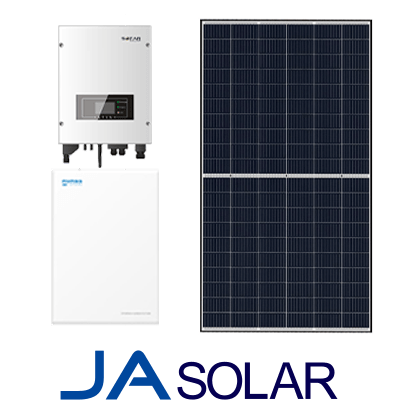
12 Year Product & 25 Year
Performance Warranty
Total system size = 8.7kW
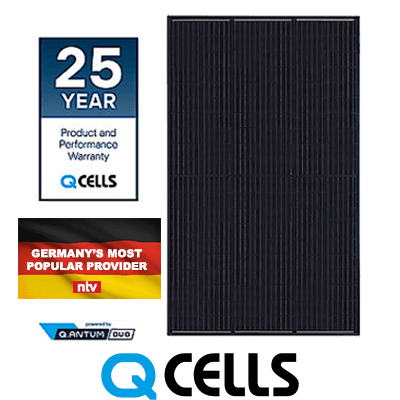
12 Year Product & 25 Year
Performance Warranty
Total system size = 8.7kW
Exponent’s unique algorithm matches you with vetted experts that are a perfect fit for what you actually need Marketing experts.
Step 1
Create a clear business brief that identifies your unique business needs and goals.
Step 2
Exponent’s unique algorithm matches you with vetted experts that are a perfect fit for what you actually need Marketing experts in your niche.
Step 3
Create a clear business brief that identifies your unique business needs and goals.

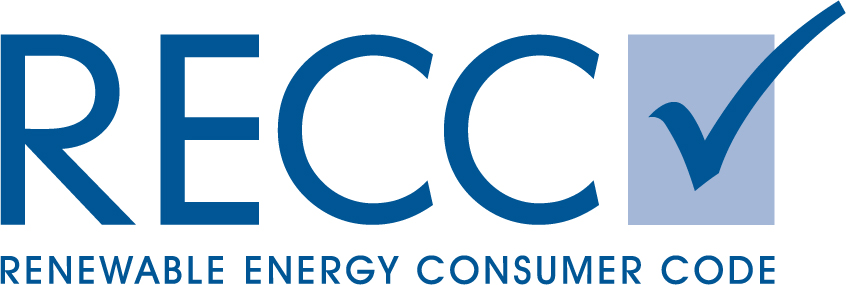
Renewable technology trade body who ensure its members are working to code and practice honest selling
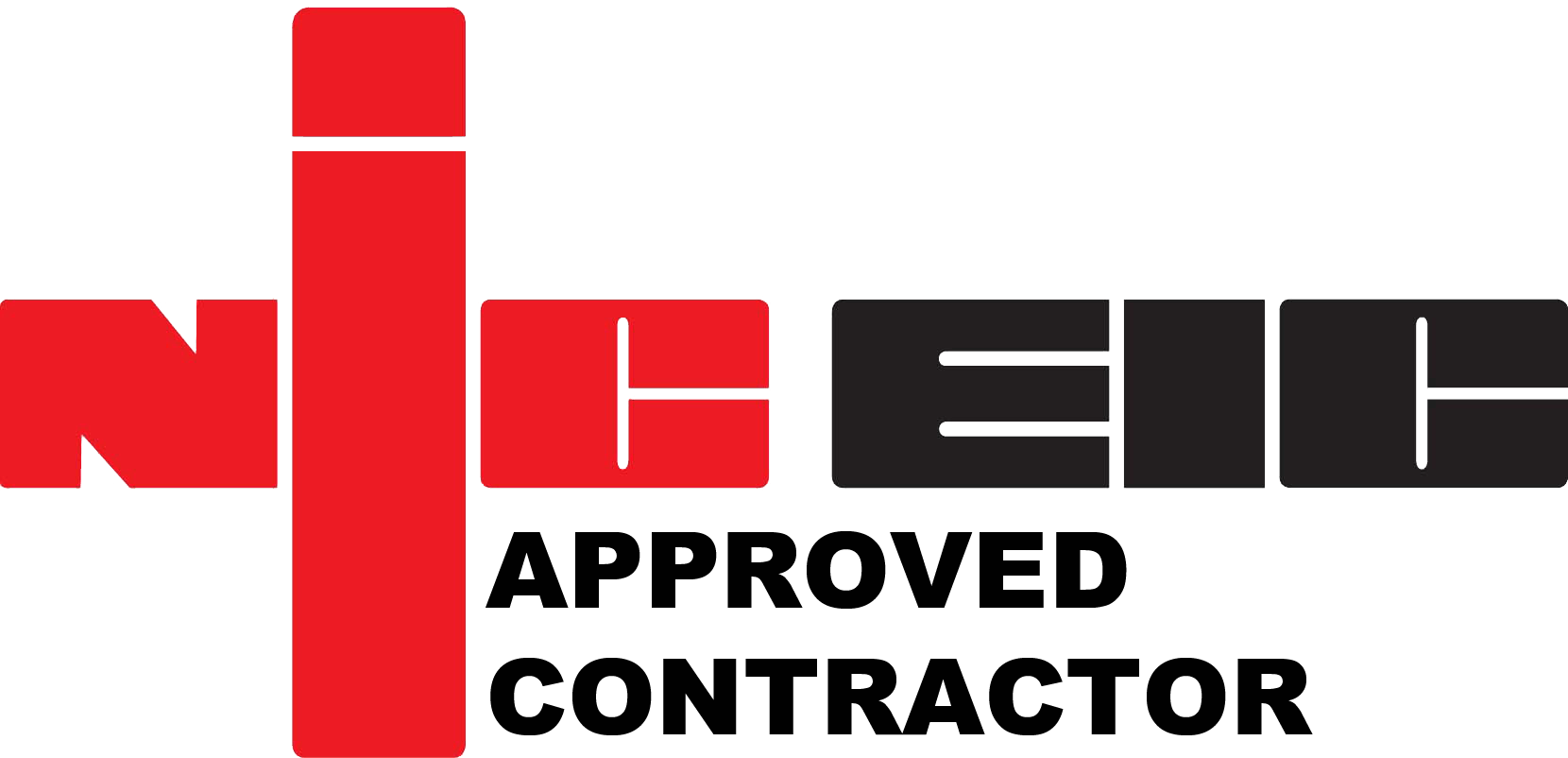
Electrical trade body who ensure its members are working to all relevant codes and standards.

MicroGeneration Certification Scheme - an agency making sure installations are safe and fit for purpose.
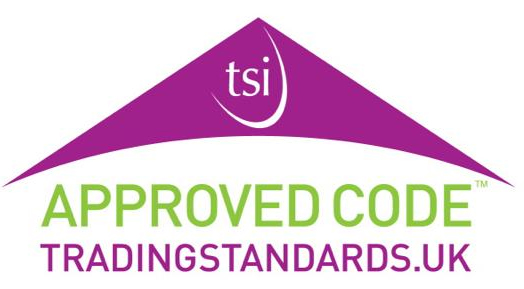
Sol Fuel are registered with and monitored by trading standards.
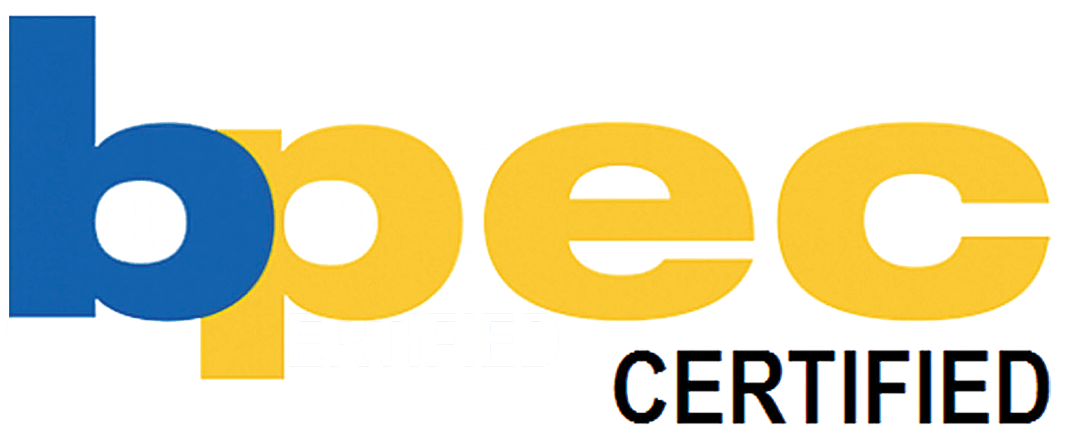
An industry-leading specialist provider of qualifications, assessments, training courses and learning materials, dedicated to providing high-quality training to those who work
Company Reg No: 13860131
Telephone: 01245 975 967
Sol Fuel, Boreham,
Chelmsford, Essex
CM3 3AX
Monday: 8AM - 8PM
Tuesday: 8AM - 8PM
Wednesay: 8AM - 8PM
Thursday: 8AM - 8PM
Friday: 8AM - 8PM
Saturday: 8AM - 8PM
Sunday: Closed
Copyright © 2023 Sol Fuel LTD. All Rights Reserved. Website designed by Leap Digital.
| Cookie | Duration | Description |
|---|---|---|
| cookielawinfo-checkbox-analytics | 11 months | This cookie is set by GDPR Cookie Consent plugin. The cookie is used to store the user consent for the cookies in the category "Analytics". |
| cookielawinfo-checkbox-functional | 11 months | The cookie is set by GDPR cookie consent to record the user consent for the cookies in the category "Functional". |
| cookielawinfo-checkbox-necessary | 11 months | This cookie is set by GDPR Cookie Consent plugin. The cookies is used to store the user consent for the cookies in the category "Necessary". |
| cookielawinfo-checkbox-others | 11 months | This cookie is set by GDPR Cookie Consent plugin. The cookie is used to store the user consent for the cookies in the category "Other. |
| cookielawinfo-checkbox-performance | 11 months | This cookie is set by GDPR Cookie Consent plugin. The cookie is used to store the user consent for the cookies in the category "Performance". |
| viewed_cookie_policy | 11 months | The cookie is set by the GDPR Cookie Consent plugin and is used to store whether or not user has consented to the use of cookies. It does not store any personal data. |

